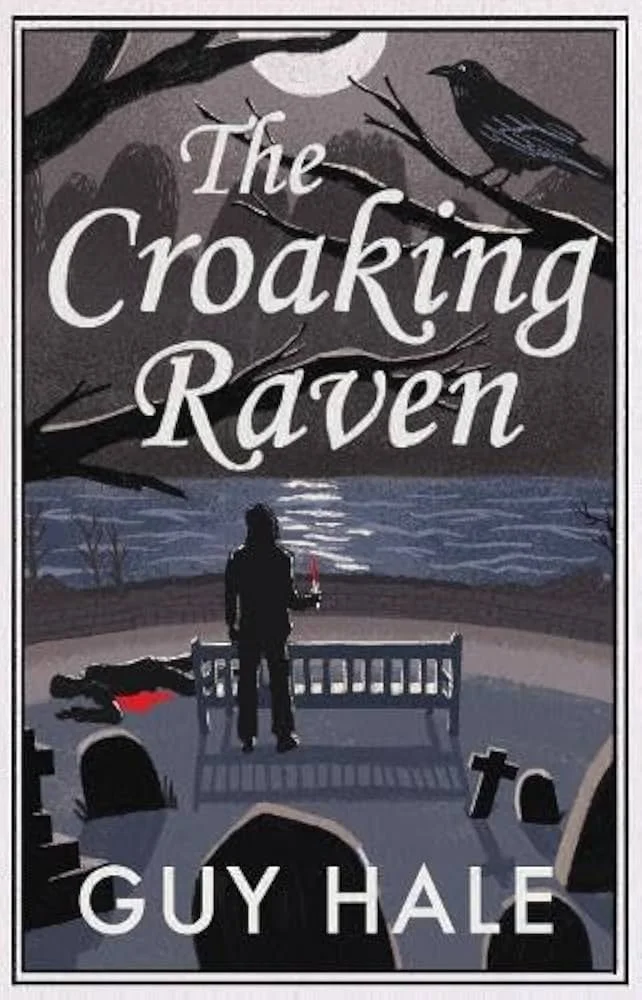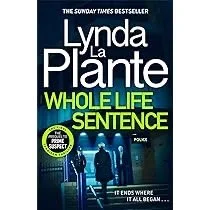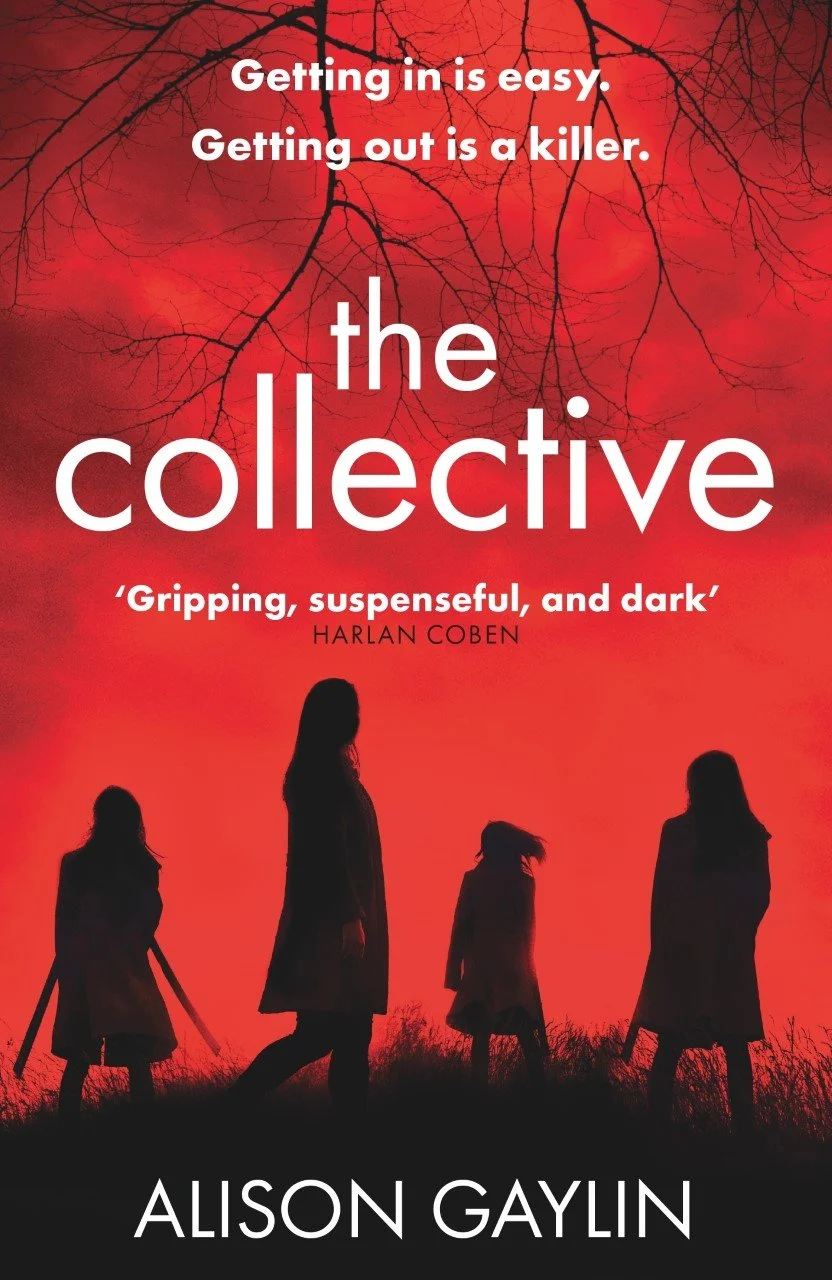Passageways by Lisa Fox
Twenty-seven speculative short stories celebrating the value of the journey: how lessons learned traveling the path between two points often transcend the goal of reaching the destination. These tales—including science fiction, fantasy, and horror—introduce characters who traverse unusual and often unsettling routes toward their desired objectives.
A man ventures through the depths of his beloved's subconscious to save her, only to discover a deep-rooted secret that could destroy everything. A young girl and a newly found friend travel to the Middle of Nowhere, desperate to find a way Out. A teenager struggles to escape the clutches of a demonic blanket inherited from a deceased family member. An "ugly" vampire goes through hell on earth to find his true self and his one true love. A woman revisits her past to determine whether it’s time to pull the plug on a scientific experiment that’s sustained—and devastated—her family for decades.
Passageways is the second short story collection from author Lisa Fox, following her acclaimed debut Core Truths. In these pages, readers voyage through darkness and light, fear and faith; toward understanding and peace. Sanctuary. Self-awareness. Being heard. Being loved. As speculative literary fiction, the stories in this anthology harmonize the excitement and otherworldly escapism that genre-based tales offer with the lyrical poeticism of language that makes storytelling sing.
About the author
Lisa Fox is a pharmaceutical market researcher by day and fiction writer by night. She survives—and sometimes even thrives—in the chaos of suburban New Jersey life with her husband, two teenage sons, and quirky Double-Doodle dog. Her debut short story collection, Core Truths, was published in April 2023. Lisa’s work has been featured in Amazing Stories, Uncharted Magazine, Dark Matter, Bards and Sages Quarterly, Metaphorosis, New Myths, and Brilliant Flash Fiction among others. Lisa has had work nominated for the Pushcart Prize and for Best Small Fictions and is a previous winner of the NYC Midnight Short Screenplay competition. You can find Lisa and her published work via her website: lisafoxiswriting.com or on Twitter @iamlisafox10800.
Social Media Links –
Twitter: https://twitter.com/iamlisafox10800
Facebook: www.facebook.com/lisafoxiswriting/
Instagram: https://www.instagram.com/lisafoxiswriting/
As part of the blogtour I have the pleasure of sharing an extract from the book.
An excerpt from “Aunt Tessa’s Special Blanket”
“Aunt Tessa’s Special Blanket” is featured in Passageways: Short Speculative Fiction. It’s a horror story about a teenage boy’s battle with a demonic blanket inherited from his old great aunt.
---
The box from Great Aunt Tessa’s house smelled like old mothballs.
Then again, so had Aunt Tessa. I got a good whiff every summer when Mom forced me to go visit her mother’s sister, a couple hours from us out in the middle of nowhere. Aunt Tessa lived alone in a tiny brick house that looked like it was built by the smartest little pig. Not a huff nor a puff nor a breeze would penetrate it; no matter how hot it got inside, Auntie kept the windows locked up tight and the shades drawn.
That house always felt like it was holding its breath, waiting for something to happen.
I was twelve the last time I saw her on a brutally hot August afternoon. Aunt Tessa’s tea had been weaker and more bitter than usual, her cheese sandwiches a stale and mushy mess on those frilly, ugly flower-petal plates she pulled out for “company.” Auntie scowled and said I ate like a barbarian when I tried scraping the bread and liquid cheese goop off the roof of my mouth with my index finger. But it was stuck there and she tsked at me, as if I were supposed to be grateful that her sandwich was making a papier-mâché mold of my teeth while choking me to death.
I wiped the ooze from my chin with the back of my hand and Mom kicked me under the table, a painful reminder to watch my manners. I could almost hear Mom yelling, inside my head, not a second before Aunt Tessa chimed in with her high-pitched, old-lady whinge:
“My word! Keep those filthy, dirty hands off my lace tablecloth! It’s an heirloom!”
But as many times as I wanted to laugh or cry or pass out in old Auntie’s living room, I never did. I’d even smiled and nodded politely when she showed me her rotting antique books, her teacup collection, and the rows of good little ceramic boys and girls standing at attention on her knick-knack shelves.
“See this, young man?” Aunt Tessa never referred to me by name. I was always ‘young man,’ or ‘sonny’ or ‘dear.’ I wasn’t sure she even knew my name was Jeremy. Mom never corrected her.
She pointed toward a glass figurine. I think she called it a Hubbel. Or was it a Hummel? “The turtle is following the little redheaded girl to school. Isn’t that so special, dear?”
“Yes, yes,” I said. “So special.” My mother glared at me; from my tone she sensed the eye roll that threatened.
But it wasn’t any more special than Aunt Tessa’s lace doilies or her multi-colored knitted blankets. She called them afghans, like they were something exotic. Yarn was strewn everywhere, as if the house had been decorated by a gang of mischievous cats. Auntie always walked around wearing one of her hand-made sweaters, complaining she was cold—even in the middle of summer.
Every year, my aunt made us each a pair of knitted mittens for Christmas. Mom took a family picture in front of our tree; we waved at the camera with our hands swallowed up by that thick, scratchy wool. My fingers always felt like they would suffocate, and my hands emerged red and sweaty after just a few minutes in those hateful things. After Mom took the photo, I’d stash them in the back of the closet behind my old jigsaw puzzles. Mom thought those mittens were just wonderful. To me, they smelled like stinky old lady breath. And they felt like death on my skin.
I’d reached my breaking point on visiting Aunt Tessa the day I noticed that toilet-paper-holding doll in her bathroom. It was the kind with the beady eyes that watched you while you did your business. Aunt Tessa had knitted the skirt in puke green. It stretched out over the roll of paper and was supposed to be clever and cute. I just thought it was creepy. I didn’t need some crazy-ass doll scrutinizing me while I wiped my behind. No, thank you.
When I’d told Mom that I wasn’t going with her the next time she visited, she nodded, smiling with thin lips. “I was about your age when I stopped visiting Auntie, too,” she said. “But she’s a lonely little old lady. She’s not getting any younger.”
Mom encouraged me to join her, saying I’d rue the day when it was “too late” to visit. (“Rue” was an Aunt Tessa word, somehow Mom picked it up along the way). She said that I’d come to appreciate Aunt Tessa and all her quirks, just as she had. But the decision was mine, and my answer was always no. After a while, Mom stopped asking. Maybe she finally realized my summers were better spent bike riding and playing video games than sitting in some stuffy little house with an old lady who raised her eyebrows if I breathed on her precious trinkets or spent more than two minutes in the bathroom.
Two years later, Great Aunt Tessa died. All that was left was a big old cardboard box of stuff Mom and Dad dragged in through our front door, after the burial. Dad had loosened his tie and tossed his jacket to the side and Mom was still wearing her funeral dress when they hefted the box onto the dining room table.
I had stayed home, even though Mom asked me to go. Aunt Tessa creeped me out enough when she was alive.
“Cousin Leigh is handling Tessa’s estate,” Mom said. “She told us to take whatever we wanted.”
I felt my nose scrunch up as I eyed the worn cardboard.
“Please tell me Toilet-Time Dolly isn’t in that box.”
“A little respect for the dead, please,” Dad said, wagging a finger at me. He could be such a hypocrite. Sure, he went to the funeral, but only because Mom made him. He’d stopped visiting Aunt Tessa long before I did, making excuses like he had too much work. And of course, someone needed to stay behind to walk the dog. But I knew better. What Dad really wanted was a cold beer and the Yankees on TV. Old Aunt Tessa and her army of glass figurines would have staged a revolt over that.
“But Mom,” I asked. “What would Aunt Tessa have that we’d actually want? I mean—”
“Memories, Jeremy. Memories.” Mom scowled at me as Pepper, our golden retriever, came padding in, yawning. She stopped, stiffening as she sniffed the air around the box. She raised her front paw, her tail pointed straight. She howled.
“Pepper?” Mom said, reaching for the dog.
Tail between her legs, Pepper scuttled away into the living room without looking at any of us.
“See, Mom? Even Pepper gets it.”
“Tessa never liked dogs,” Dad mused. “She thought they were dirty. And smelled like mulch.”
Dad and I exchanged knowing looks. Ignoring us, Mom leaned over the box. Her long pearl necklace raked over the cardboard like baby teeth. Gooseflesh raised the hairs on my arms; the sound of anything rubbing against cardboard cut through me with such a chill that I felt like my legs were going to fall off.
“Can you do that a little quieter, Mom?” I asked.
“You don’t have to stay here. Especially if you’re not going to appreciate—”
“No, I’ll stay,” I said. I did have a morbid curiosity about the contents of that box and sat next to Mom, leaning in closer. Taking stuff from a dead person’s house was the opposite of burying them in the ground. Old things became new. And at least if you didn’t like what you got, you could always sell it on eBay. I wondered how much we could get for one of those Hubbels. Hummels. Whatever.








